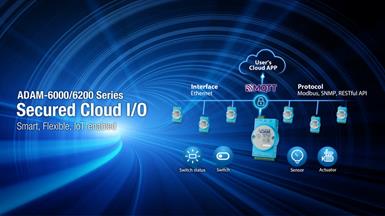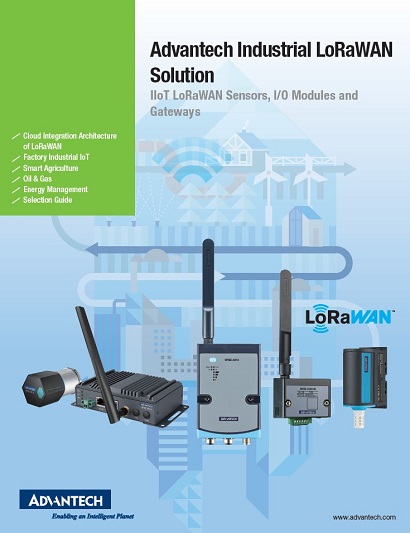Ernst & Young Joins Forces with Advantech to Pursue Environmental Sustainability
9/1/2023
Interview with Brian Lin, Vice President of ESG Strategy and Sustainability Services, Ernst & Young Global Limited
New era of carbon pricing and market mechanisms
“In the near future, the era of carbon pricing and related market mechanisms will officially arrive,” emphasized Lin. Once governments start imposing carbon taxes or establishing carbon trading mechanisms, all enterprises, regardless if they are large corporations or SMEs, will have to address carbon emissions seriously. They will need to implement concrete carbon reduction measures, taking into consideration cost control, supply chain management, and financing.
Ambitious legislation introduced worldwide
For example, the United States introduced the Clean Competition Act (CCA) in June 2022, based on carbon tax calculations which will start to be levied in 2024. The scope of taxation includes domestically manufactured products in the United States as well as imports from other countries, with conditions that may be even stricter than the CBAM. Taiwan has set a schedule for greenhouse gas inventory and verification for listed companies and has established measures to implement carbon pricing starting in 2023. Carbon tax collection will be implemented first, followed later by a carbon trading mechanism.
Meeting carbon goals for supply chain and bank financing requirements
Because SMEs have limited capital and cannot implement smart solutions related to carbon reduction, Mr. Lin proposed that small and medium-sized enterprises (SMEs) could begin by choosing a pilot location to apply ISO standards. Furthermore, they could opt for a subscription-based approach to incorporate smart management systems for monitoring carbon emissions. By doing so, SMEs can equip themselves with sufficient knowledge and capabilities when carbon reduction regulations are implemented, as well as gain an appreciation for the benefits of carbon reductions within the company. In addition, well-known brand manufacturers will be more likely to work with suppliers who meet carbon neutrality targets.
Collaboration with Advantech reinforces E&Y’s ESG ecosystem
For example, in the future, before adopting intelligent energy management system solutions, Advantech’s customers can utilize EY’s advisory and consulting services to proactively develop comprehensive carbon reduction plans. Conversely, if companies wish to adopt the ISO 14067 carbon footprint standard, they can utilize Advantech’s carbon inventory system to instantly calculate the carbon footprint generated by their product or service, thereby improving the efficiency and integrity of calculations.
“This collaboration with Advantech will transform E&Y from being a consultant providing one-time advisory services to becoming a provider of long-term carbon reduction planning,” explained Lin. In the future, enterprises can grant E&Y access to their smart systems, allowing their experts to provide daily, weekly, or monthly recommendations based on compliance, supply chain trends, changes in financing conditions, and other aspects. Such assistance will help optimize the calculation of carbon emissions at different stages of the product lifecycle and facilitate improved communication with internal and external units involved in carbon reduction.
Currently, the collaboration between E&Y and Advantech is in its early stages, and both parties are actively gauging interest among companies within their existing client bases. They aim to provide comprehensive solutions ranging from consulting services to system integration. Once successful cases emerge, both parties will further integrate their resources to replicate Taiwan’s successful experiences and export them to the global market. This will assist more companies in achieving carbon reduction goals and realize the global vision of a net-zero planet.

Vice President of ESG Strategy and Sustainability Services at E&Y Taiwan



